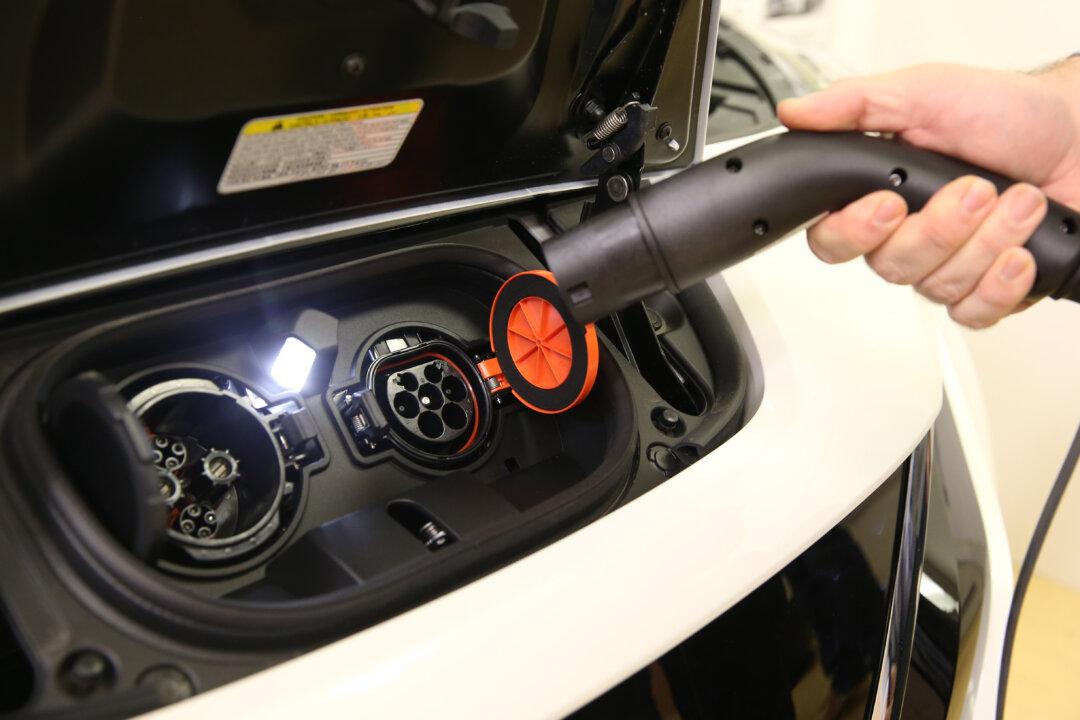Japan is planning to make carbon footprint declaration mandatory for electric vehicle (EV) battery manufacturing, following the lead of the European Union, Nikkei Asia reported on Tuesday.
The Japanese Ministry of Economy, Trade and Industry is looking to implement the rule in 2024, the same year that the EU will begin requiring battery manufacturers to disclose their carbon emissions.





